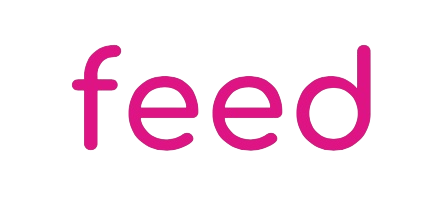BMJ Rapid Response: risk language in infant feeding alienates parents
Re: Health and nutrition claims for infant formula are poorly substantiated and potentially harmful
Dear Editor
We refer to the article ‘Health and nutrition claims for infant formula are poorly substantiated and potentially harmful’ by Munblit et al.. We agree that research into all areas of infant feeding should be scientific and factual and, given that infant feeding research is often heavily confounded leaving room for interpretation, this should be more widely acknowledged and discussed across the board. We also note that the neonatal period currently sees "up to 20% [of mothers] experiencing a mental illness during pregnancy or the first year of their infant’s life" (1). Thus, we were disappointed by the adoption of ‘risk language’ throughout the paper.
Risk language reframes the ‘benefits of breastfeeding’ as ‘risks of formula feeding’. It was recommended to encourage the view that "artificial feeding" is "incomplete and inferior" and to foster belief for formula feeding families that their home life is "sub-normal" and meals "deficient" on the grounds that "you may not expect to be far above normal, but you certainly don’t want to be below it" (2). Furthermore, risk language is damaging; audiences find their trust in public health messaging eroded and are likely to turn away from those using it (3). Prominent breastfeeding advocates have noted that there is a lack of evidence-base for the adoption of risk based language in breastfeeding advocacy (4) and the current approach to breastfeeding support in the UK has been shown to foster "negative emotional experiences" (5). There are a number of examples of how we can communicate risk accurately, effectively, and with compassion (6,7).
We suggest that the presentation of unbiased and robust research using palatable language is the best way to support parents to make informed decisions about infant feeding in a way that protects maternal mental health. It is difficult to give the important points raised by Munblit et al. the discussion it deserves when the piece uses such draconian language as to alienate the very people that it seeks to help. We urge writers and editors to consider these points for future research and publications.
Stephanie Maia, Feed;
Rosie McNee, Feed;
Kate Wishart, Feed;
Erin J Williams, Feed
REFERENCES
Bauer A, Parsonage M, Knapp M, Lemmi V and Adelaja B. Costs of Perinatal Mental Health Problems. Centre for Mental Health and London School of Economics, 2014.
Wiessinger D. Watch Your Language!. Journal of Human Lactation 1996; (2)1-4. doi 10.1177/089033449601200102
Ebert Wallace L and Taylor EN. Running a Risk: Expectant Mothers Respond to ‘Risk’ Language in Breastfeeding Promotion, Women’s Reproductive Health 2016; 3, (1): 16–29. doi 10.1080/23293691.2016.1150133
Might There Be Risks of Risk-Based Language? Breastfeeding Medicine (blog), April 13, 2016, https://bfmed.wordpress.com/2016/04/13/might-there-be-risks-of-risk-base....
Fallon VM, Alison Harrold JA and Chisholm A. The Impact of the UK Baby Friendly Initiative on Maternal and Infant Health Outcomes: A Mixed-Methods Systematic Review, Maternal & Child Nutrition 2019; 15(3): e12778. doi 10.1111/mcn.12778
Gigerenzer G and Kolpatzik K. How New Fact Boxes Are Explaining Medical Risk to Millions, BMJ 2017. doi 10.1136/bmj.j2460
Absolute versus Relative Risk – Making Sense of Media Stories, Cancer Research UK - Science blog, accessed May 12, 2020, https://scienceblog.cancerresearchuk.org/2013/03/15/absolute-versus-rela....
BMJ 2020; 369 doi: https://doi.org/10.1136/bmj.m875 (Published 06 May 2020)
Cite this as: BMJ 2020;369:m875

